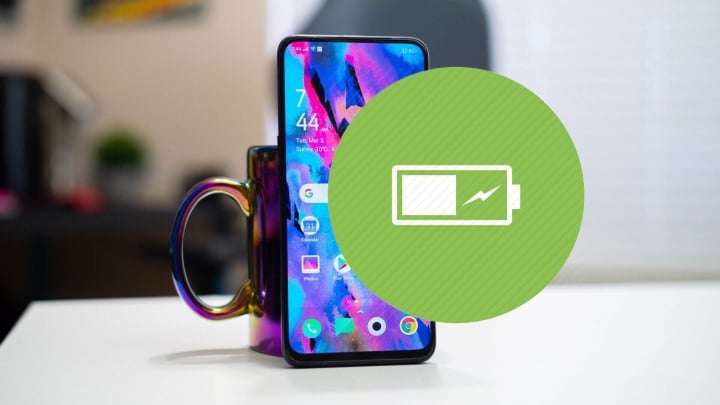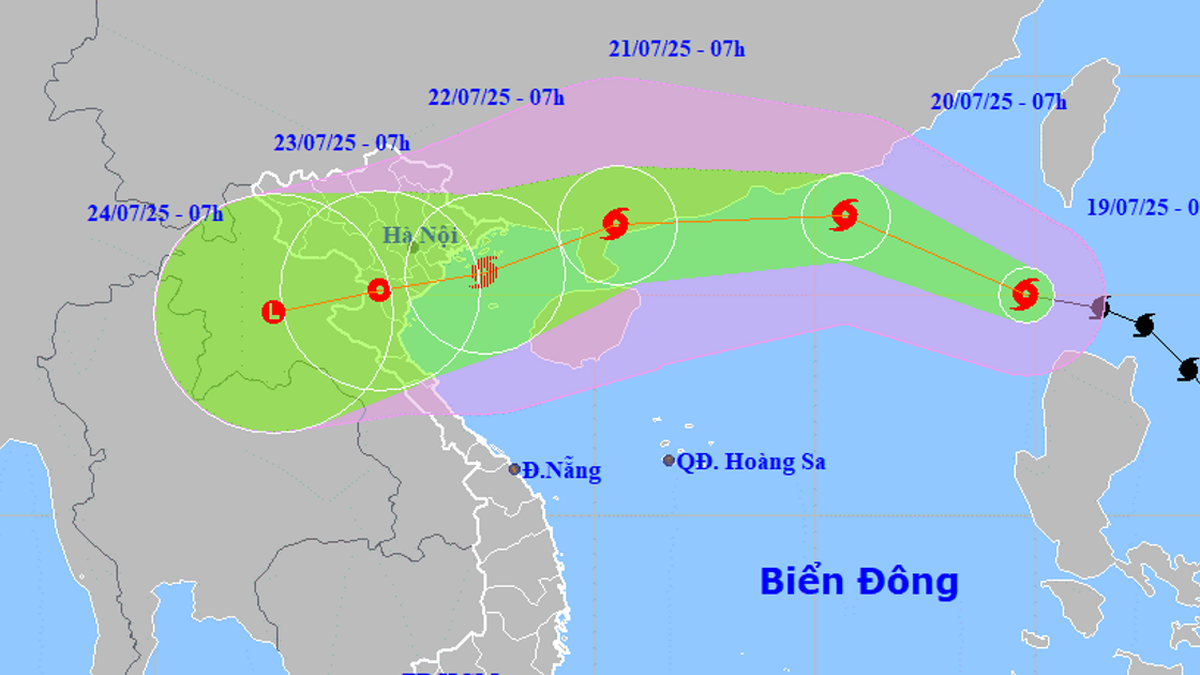Updating the operating system for phones in particular or technology devices in general is normal. Each software upgrade is usually accompanied by detailed information from the publisher about why users should update the OS for their devices, such as improving performance, fixing errors in the current or previous version, patching security flaws, etc.
However, the situation of battery life quickly decreasing after updating the device is quite common and is always reflected by users on technology forums as well as with the support team of the device manufacturer.
Phone battery drains fast after update
Apple recently released an update for iOS, iPadOS, and macOS called Rapid Security Response to address security flaws without changing the current operating system version on the device. The only difference users can recognize is the (a) symbol after the OS number, for example iOS 16.4.1 (a). Not long after the upgrade, many people reported that their devices' batteries drained quickly.

Phone batteries often drain quickly after each operating system update.
Sharing on Twitter, one iPhone owner said that his device lost 22% of its battery in just 46 minutes. Another case claimed that the device lost 30% of its battery in half an hour. There were also reports of the device getting unusually hot and charging times being much longer than before the update, which could last for hours. The same thing happened with previous OS updates.
Explaining the phenomenon... normal
According to technology experts, battery drain or overheating after updating is normal, occurring with different operating systems and manufacturers, not just Apple or iPhone. Users may have to "endure" this situation for many hours after the update, or in many cases, it lasts for several days. The cause comes from software adjustments.
ZDNet researcher Adrian Kingsley-Hughes analyzed: " Installing a new version of the operating system on a phone entails background tasks that the user doesn't notice or know about, from indexing to battery calibration, and all of them need time to stabilize.
This activity consumes power, while the system calibration makes it feel like the battery is draining faster than normal, even though it's not.

The phone needs time to calibrate and "learn" user habits before optimizing the system.
In the worst case, if the battery drains rapidly over a long period of time, up to weeks after the update, the problem is definitely due to the operating system version and the user should report it to the manufacturer for support.
For a newly purchased phone with a completely new device condition, the feeling of battery draining faster than the manufacturer's published data is not too worrying. At first, users will spend a lot of time experiencing, installing and trying out the features of the new device and this process usually takes a few days. That excitement lasts even longer if the device supports many new technologies, causing users' needs to increase, directly causing the battery to drain faster than announced by the manufacturer or the experience of previous owners of the same type of device.
In addition, new devices also need time to calibrate and "learn" the user's usage habits to optimize the system. Therefore, in the early stages, untuned tasks will consume more battery than later stages of use.
Khanh Linh
Useful
Emotion
Creative
Unique
Wrath
Source



































































































Comment (0)